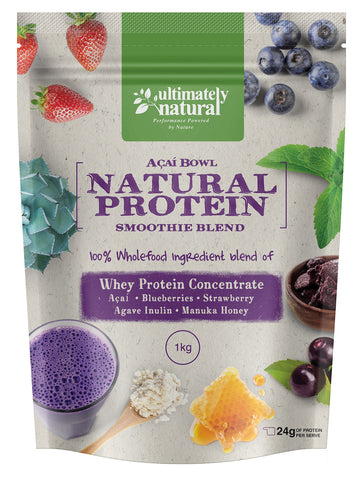
Intermittent Fasting (IF) is the regular and intentional restriction of food intake for a particular period of time. Although it is often confused with calorie restriction or reduction (i.e. what most people think of as diets), they’re not exactly the same. Unlike calorie restriction, Intermittent Fasting is primarily concerned with when you eat food, rather than what or how muchyou eat. In general, Intermittent Fasting is really about restricting your food intake to set time periods throughout the day (for some cases, even throughout the week).
Several studies and research have linked Intermittent Fasting to a variety of health benefits. These benefits include:
- Lower blood pressure
- Decreased risk of cardiovascular disease
- Reduced levels of blood glucose and insulin (when coupled with exercise)
- Reduced inflammation
- Improved kidney health
- Reduced risk of cancer
- Increased HGH (Human Growth Hormone) levels
- Increased life span
How is Intermittent Fasting beneficial?
It is thought that Intermittent Fasting stimulates reactions and changes in our bodies’ cells and metabolism that result in these different health benefits associated with it. Basically the more time you abstain from food, the more time your body has time to digest, detox and burn stored fat for energy.
Is it for everybody?
Like any other activity, intermittent fasting may not be for everybody, especially if you have an underlying medical condition, a strict nutritional plan, or special requirements (eg. pregnant women, those who have eating disorders, etc.). Be sure to consult with a health and medical professional first before trying it. With that said, the average person who isn’t on either end of the health or medical spectrum may find benefit in Intermittent Fasting.
Examples of Intermittent Fasting
16/8 Approach
What: Fast for 16 hours, eat for 8 hours.
- A form of intermittent fasting where your entire daily food intake is done only during an eight-hour period of the day.
Eat Stop Eat
What: 24-hour fasting periods once or twice a week
- A form of Intermittent Fasting where you fast for 24-hours straight once or twice during the week.
5/2 Approach
What: Eat normally for 5 days then fast for 2 days.
- A variation of Intermittent Fasting where your calorie intake and amount is restricted on your two fasting days.
_____________
Sources:
http://www.sunwarrior.com/blog/weight-loss/intermittent-fasting-getting-younger-every-day
http://medicalxpress.com/news/2014-11-intermittent-fasting-health-benefits.html
http://www.huffingtonpost.com/john-berardi-phd/intermittent-fasting-whos_b_6236712.html





